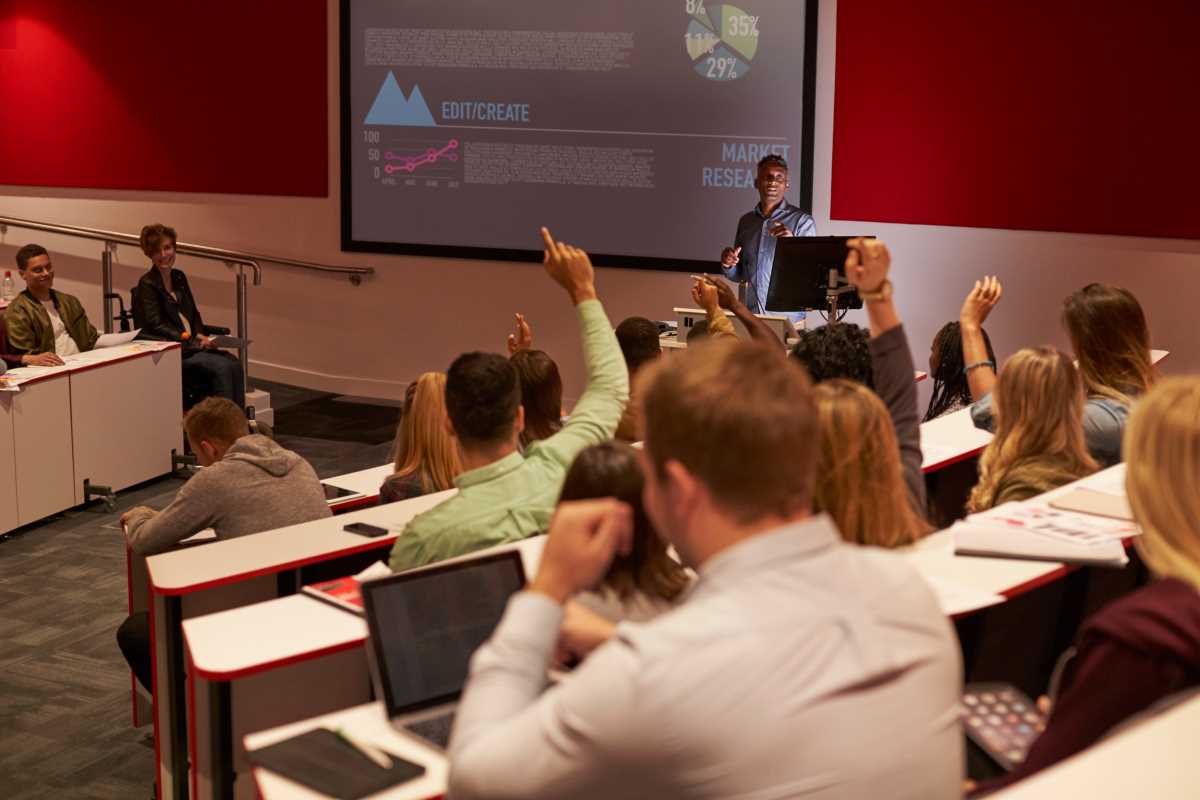College is often seen as a stepping stone to a degree, but it offers much more than just academic knowledge. While textbooks and lectures provide foundational information, the college experience equips students with a diverse set of real-world skills that are crucial for personal and professional success. Beyond the diploma, here are some key skills that students gain during their college years.
1. Critical Thinking and Problem Solving
One of the most valuable skills developed in college is critical thinking. College coursework challenges students to analyze complex problems, evaluate different perspectives, and make informed decisions. Whether through rigorous research papers, detailed case studies, or dynamic classroom discussions, students learn to think critically about issues and solutions. This ability to dissect information and approach problems from multiple angles is essential in any career, where quick, effective problem-solving can make a significant impact.
In addition to academic exercises, college often involves real-world problem-solving through group projects and internships. These experiences teach students how to collaborate with others, manage conflicts, and devise innovative solutions under pressure. The skills developed through these activities translate well into the workplace, where employers highly value critical thinking and problem-solving abilities.
2. Communication and Interpersonal Skills
Effective communication is another cornerstone of the college experience. Students are frequently required to present their ideas clearly and persuasively, both in written form and orally. Whether it's through essays, research presentations, or group discussions, the practice of articulating thoughts and arguments enhances students' ability to communicate effectively in professional settings.
Moreover, college life fosters interpersonal skills through diverse social interactions and collaborative projects. Working with peers from various backgrounds and participating in team-based assignments help students develop empathy, negotiation, and teamwork skills. These interpersonal abilities are crucial for building professional relationships, managing teams, and navigating the complexities of workplace dynamics.
3. Time Management and Organization
The demanding nature of college coursework often requires students to juggle multiple responsibilities, including classes, assignments, part-time jobs, and extracurricular activities. Learning to manage time effectively and stay organized is essential for success in this environment. Students develop the ability to prioritize tasks, set deadlines, and create structured plans to achieve their goals.
This skill set is directly transferable to the professional world, where managing multiple projects and meeting deadlines is a daily reality. Effective time management and organizational skills ensure that professionals can handle their workload efficiently, balance competing demands, and deliver results consistently. The habits formed during college in managing time and staying organized serve as a strong foundation for career success and personal productivity.
4. Adaptability and Resilience
College often presents students with challenges and unexpected changes, from adjusting to a new environment to coping with academic pressures. Navigating these challenges helps students develop adaptability and resilience, as they learn to handle setbacks, embrace change, and persevere through difficult situations.
These qualities are invaluable in the ever-evolving professional landscape. Employers highly value employees who can adapt to new technologies, shifting priorities, and changing work environments. The resilience built during college prepares individuals to face workplace challenges with a positive attitude and a proactive approach, making them more effective and reliable contributors to their organizations.
5. Networking and Professional Development
Lastly, college provides numerous opportunities for networking and professional development. From career fairs and internships to alumni events and industry-specific workshops, students have the chance to connect with professionals, mentors, and peers in their field of interest. These networking opportunities can open doors to internships, job placements, and career advice that are crucial for launching a successful career.
Building a professional network while still in college allows students to gain insights into their chosen industry, learn about potential career paths, and establish valuable connections to aid their job search and career growth. The relationships and experiences gained through networking are instrumental in shaping a successful career trajectory and achieving long-term professional goals.
The skills gained in college extend far beyond academic knowledge. Critical thinking, communication, time management, adaptability, and networking are just a few examples of the real-world skills that students develop during their college years. These competencies not only enhance personal growth but also significantly contribute to professional success, preparing graduates for the complexities of the modern workplace.
 (Image via
(Image via





